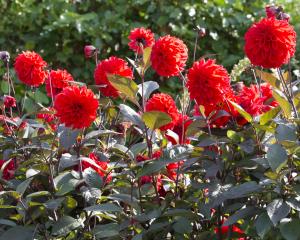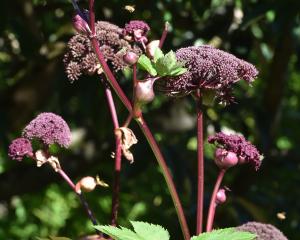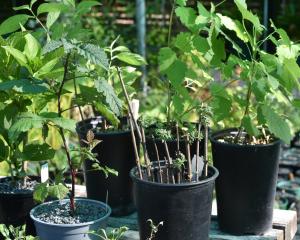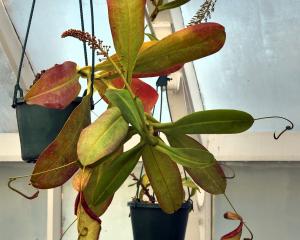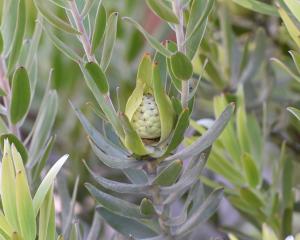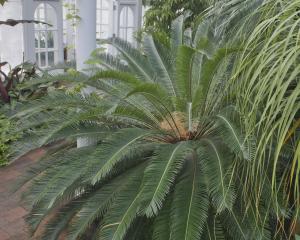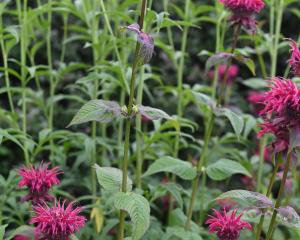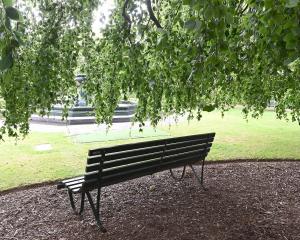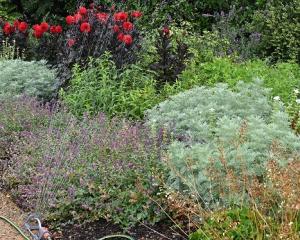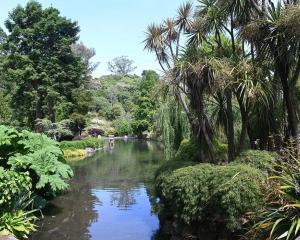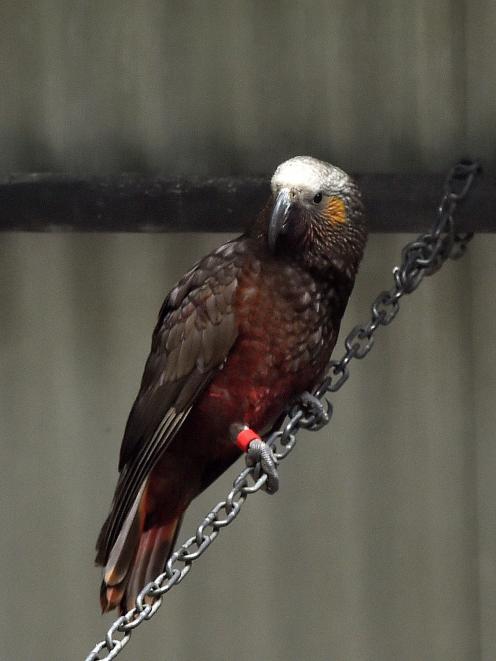
At the hospital, the two remaining chicks were put on a course of treatment and the vet team helped with the hand-rearing of the chicks for the parents while the family was being treated.
Despite initial success, a second chick died. The remaining chick was taken off mum and the vet team once again took over the job of hand-rearing.
Eventually, the last chick was given the all clear. In the meantime, mum and dad had been sent back to Te Anau and now the vet team were finding it difficult to wean the chick.
This is where the Dunedin Botanic Garden aviary was able to help. One of our pairs failed at an attempt of a second nest, but the female was still very broody. We suggested giving the chick to her to see if she would accept it. Within a matter of minutes the female kaka was trying to feed the chick and by the end of the day it was like the chick had always been there.
Fast-forward to the present day and ‘‘white band’’ is now housed in one of the top aviaries where she is nearly ready for release at Orokonui Ecosanctuary along with our two other young kaka, ‘‘red band’’ and ‘‘green band’’.
Footnote: Toxoplasmosis is a common infection that usually occurs from eating infected meat or by exposure to the faeces of infected cats. It’s rarely been diagnosed in captive native parrots, so little is known about its effects.
Garden Life is produced by Dunedin Botanic Garden. For further information contact Alisha Sherriff.


